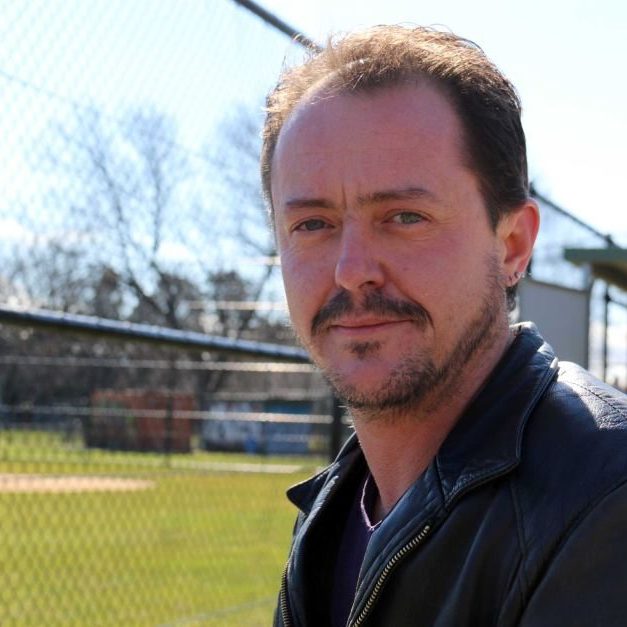 Last week the Williams Institute at UCLA released a study that analysed data on suicide attempts by transgender people.
Last week the Williams Institute at UCLA released a study that analysed data on suicide attempts by transgender people.
The Institute found that bullying, homelessness, familial rejection and even rejection by healthcare providers significantly increased the odds of a suicide attempt. Even those who didn’t experience these still had a 20 to 30 per cent suicide attempt rate.
Part of me believes that many casual observers, even within the LGB community, will shrug these numbers off as just indicative of transgender people being mentally ill. That assumption is part of the problem itself. It isn’t being transgender that’s killing us.
The culture we live in instils a deeply rooted self-hatred in us.
How can we value our lives when we are constantly bombarded with messages that we have less than zero worth as a person because we are transgender? How can we love ourselves enough to live when our environment tells us that nothing in creation could love a transgender person?
We are told repeatedly that, at best, our bodies are the subject of prurient interest, from the tawdry Maury Povich to the respectable Katie Couric. At worst, our bodies are objects worthy of only disgust and revulsion. When we fail to accede to demands that we make our bodies public knowledge, we are told that the violence which follows is justified. We are called liars, deceivers, and traps for failing to announce our transgender status to the world. We are then beaten and murdered when we give the information demanded of us.
Being transgender is so vile that our partners, parents and children often reject us. We learn that love isn’t unconditional and that we cannot be loved by the people who mean the most to us. We are sent the message repeatedly that no one could love us as romantic partners. Life holds only a promise of loneliness and abandonment and that we deserve solitude for refusing to remain in the closet.
This extends even to the supposedly unconditional love of God. The dominant message from Christianity towards transgender people is to return to living in your birth gender or burn in hell. We are not welcome. God only loves us so far as we comply with not being transgender.
We are told our core identities are a delusion that needs fixing. The ignorant believe we should be put in camps or mental hospitals. Pockets of supposed professionals whom we are not allowed to gainsay push their theories that gender identity doesn’t exist: All transgender individuals are either self-hating homosexuals or heterosexuals with a fetish. Either way, we are told our identities are wrong and that in being wrong, we are worthy only of pity and disgust.
We are told that when we are mistreated, bullied, fired, denied housing or refused service, it is precisely what we deserve for being freaks. In a post-Lawrence v. Texas America, where lesbians and gays have had the right to be with whom they love for over a decade, transgender people are on the verge of having their need to conduct bodily functions in safety criminalised. We are told that we are rapists and violators of women and children. We are told the only difference between a transgender person and a convicted paedophile is the conviction. We are ordered to accept that other people’s irrational fears supersede our need for physical safety because we are too alien and loathsome to ever hope for empathy.
When we do try to set boundaries, the reaction is swift. We are told it’s all in good fun, we should expect the kind of language we endure, that people have a right to know about our bodies and to stop being so sensitive. We go to prison when we try to preserve ourselves from physical harm. When we die at the hands of our attackers, they try to mitigate the crime with the worthlessness of all transgender people. All the while, most LGBT people murdered in hate crimes are transgender women.
In the face of such unremitting and remorseless pressure to despair, we dream of simply being loved by anyone, even if it is only in the internal security of believing a higher power does so. Yet, even that simple hope is often asking too much. In response, we do not dry up, fester, sag, crust over or explode.
We implode.
Whether with a bang or a whimper, a gun or a bottle full of pills: Transgender people often see suicide as an escape from the omnipresent message that our lives lose all value the instant we come out. We cannot resist when everything around us tells us so; to do otherwise requires us to assume, against all conventional wisdom and evidence, that we are right and everyone else is wrong; that there is a person worth loving beneath the label.
Even in death, though, we are often not granted the dignity of the identity we gave everything to claim. The families shunned us in life, then buried us in clothes and names we eschewed.
Being loved requires friends, partners and family to embrace a belief that runs against our cultural dogma, act despite the stigma of being seen with “those people”, and embrace unpopular people that are not their own.
This is why loving a transgender person is truly a revolutionary act.

